One aspect that distinguishes managerial communication in business from other types of communication is that no matter how brilliant the message may be, it means nothing if it does not achieve the desired result. In other words, successful communication is dependent upon the response expected from the audience.
Unlike other types of presentations, such as conferences, speeches or training courses, a business presentation is an exercise in persuasion. Persuasion is a process that takes the persuader as well as his audience to new ground. In an ideal situation, the audience understands, agrees and acts in accordance with the proposal. However, in reality this does not always happen so the presenter must acquire certain skills to keep the audience interested and involved.

 By: Luis González
By: Luis González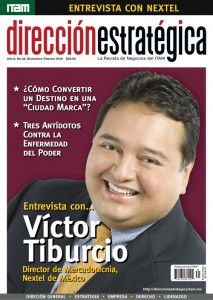
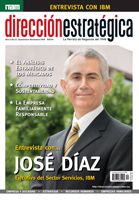
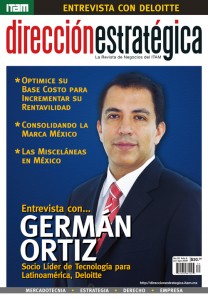
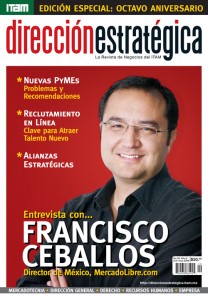
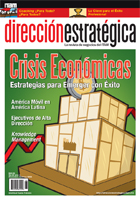
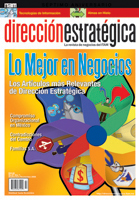
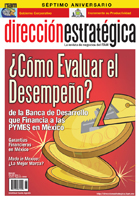
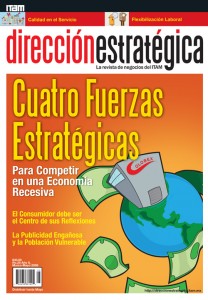
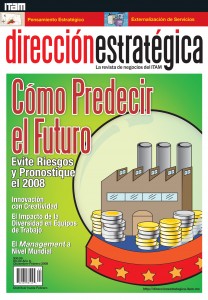
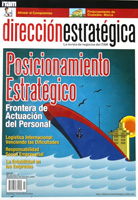
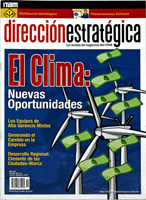
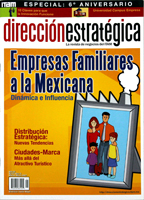
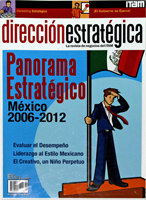
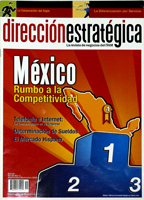
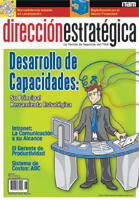
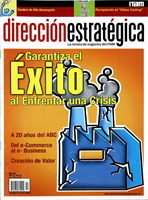
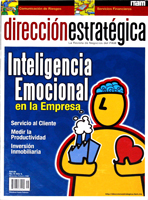
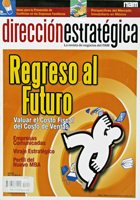
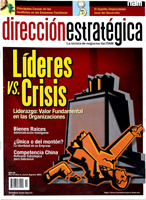
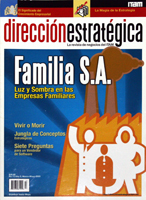
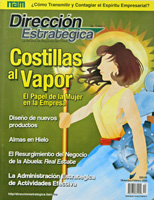
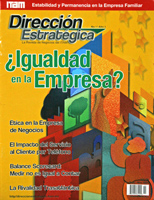
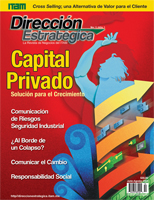
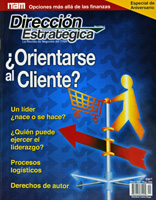
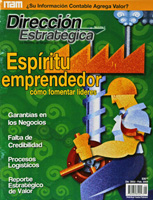
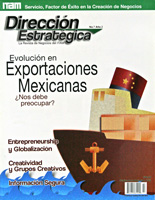
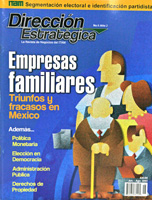
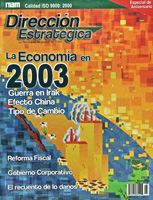
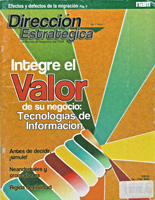
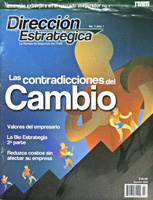
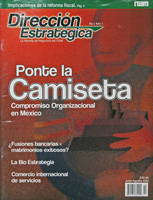
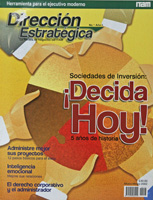
Do we know how to work as a team?
Year of the Olympics
The first Olympic Games in modern times were held in Athens in 1896. As of that date, every four years athletes from all over the world compete under the motto “faster, higher, stronger,” chosen by Baron Pierre de Coubertin, founder of the modern games. Since then, with the exception of the XII and XIII games that were canceled during the Second World War, the attention of the sports world has been focused on the competition held in the host city designated by the International Olympic Committee, as was the case of Mexico City in 1968.
(read more…)